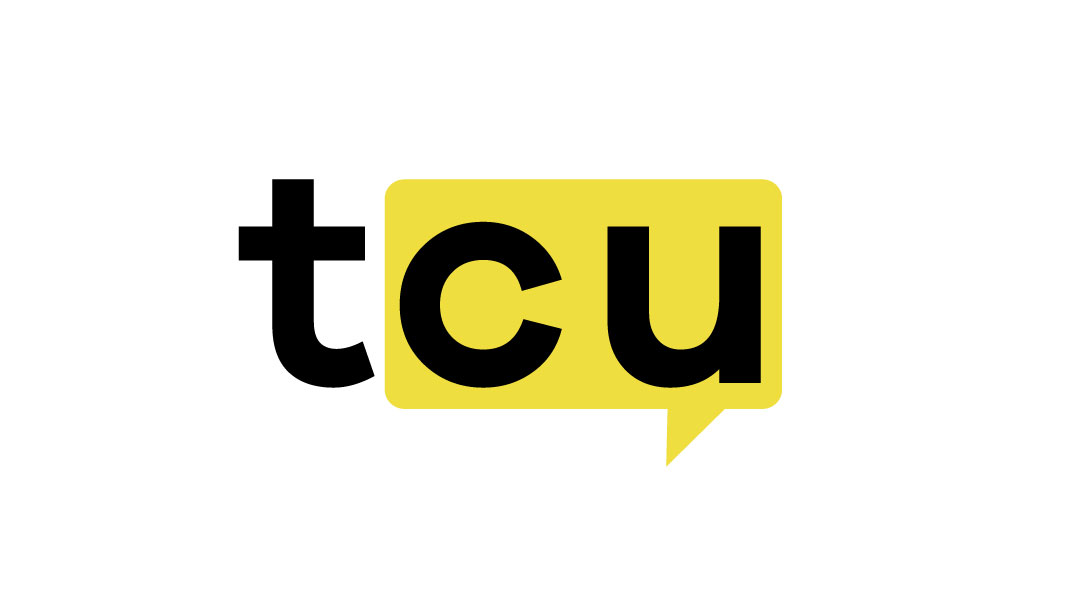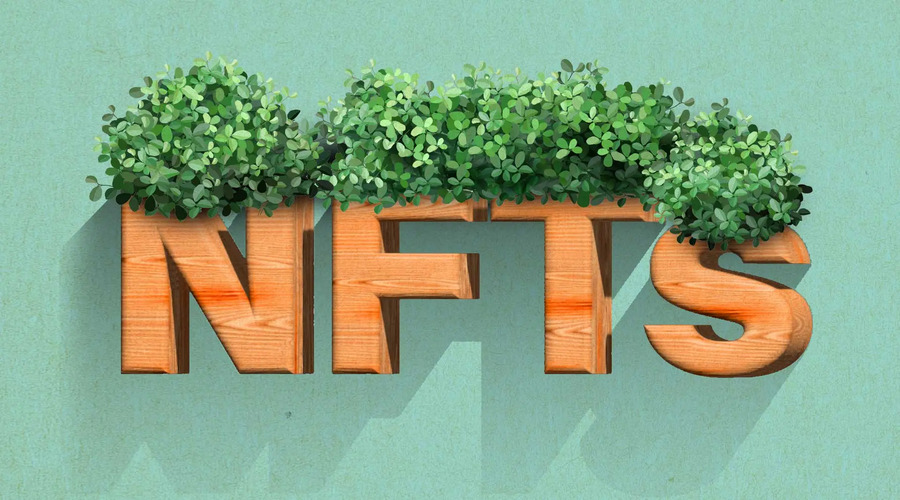“The DeFi systems is an important and a potent entity in shaping blockchain business. It is the base of the credibility of the customers benefiting towards building un-breakable infrastructures” – Hardik Joshi, The Cheif Operations Officer, Citrus Tech.
There was a lot of hype, buzz, skepticism, confusion, and excitement surrounding the “DeFi” financial resources, a blockchain-enabled product ecosystem and services that replace traditional financial intermediaries with freely accessible, independent, and transparent software. While still in its early days of DeFi (just a few years), its affiliate economy is already prominent and influential: Ethereum, DeFi’s back-end infrastructure, remained about $ 1.5 trillion in sales last quarter, or 50% of Visa’s payment volume; low-income financial markets generate loans worth billions of dollars every month, and individuals and businesses use platforms such as the Uniswap protocol to trade volumes of about 30% of Coinbase’s size. With great interest in this practice, entrepreneurs, company leaders, policymakers, and large and small institutions explain the features and benefits of DeFi, explain some of the challenges ahead, and consider a roadmap to increase acceptance.
WHAT IS DECENTRALIZED FINANCE OR DeFi?
Over the past decade, we have seen how digital design transformed business models but failed to play a disruptive role. The ecosystem simply copied and pasted the components of a traditional financial system designed for the analog world, attaching digital connectors to make it easily accessible to the public through its gravitational center mobile and PC. This is not the same as what is happening and what will happen in the digital world, especially when it comes to distributed finance. What do we mean by the concept of distributed funds or DeFi? Briefly with distributed funds, DeFi is an umbrella term for various applications and projects in the blockchain community space focused on the blockchain that will firmly enter the world of traditional finance. DeFi contains peer-to-peer applications and processes run on low-level blockchain networks that do not require access rights to facilitate borrowing, insurance, oracles, cryptocurrencies, swaps, alternatives, asset management, or trading of financial instruments. Today, most DeFi apps are built using the Ethereum network, but many different social networks that offer speed, expansion, security, and low cost are emerging.
PROTOCOLS THAT SURROUND DeFi:
“DeFi has become a full-fledged system of ecosystems and processes that bring value to millions of users,” says Hardik Joshi about how popular DeFi has become and how they incorporate DeFi in Citrus. Assets worth more than thirty billion dollars are currently locked in DeFi ecosystems, making it one of the fastest-growing components within the blockchain public space. The most popular DeFi usage cases and agreements available on the market today are:
- DeFi’s borrowing and lending platform: Composit Finances
Launched in 2018, Compound Finance is a masterpiece of Rober Leshner. The project is a borrowing protocol developed in the Ethereum blockchain that allows users to earn interest by borrowing property or borrowing money. The compound protocol makes this possible by generating cryptocurrencies at interest rates set by computer algorithms. Users of compounds earn interest by installing cryptocurrencies. Once cryptocurrencies are registered on the Compound platform, users can use them as collateral for loans. - DeFi Loans :
DeFi has given finance a new direction by enabling under-borrowed lending, known as ‘Open Finance,’ allowing cryptocurrency holders to borrow for annual profits. Separate lending allows people to borrow money at a specific interest rate to meet the needs of the cryptocurrency-holding society.
DeFi – THE MYSTERY KEY IN OPENING A TREASURE BOX OF OPPORTUNITIES:
We see a rise in prices for new financial opportunities through the introduction of distributed blockchain ledger technology. For the first time in history, the same people are forming a global financial system. Everyone can participate in the management of DeFi policies and gain a seat at the table where the land of expenditure is actively developed. DeFi’s space is getting closer and closer to the traditional financial system. Although there are some challenges to deal with while operating the new system, the world of distributed funds is on the way to success. Over time, it is difficult to predict how this space will be created when the capacity to build financial services is democratically governed. However, with DeFi, users will have a place where the latest technology is part of a new financial system. The one responsible and fulfills the dream of being fast, secure, accessible, and equal. DeFi will be successful if the technology is straightforward and loud and if it ensures efficient operation and transparency of the algorithm/protocol and simplifies its analysis. DeFi’s gift is having a record of all operating nodes at all times. “At Citrus, we are working hard and trying out new ways to reduce risk effectively and provide more opportunities to people who invest their time and money in us,” says Hardik Joshi.



